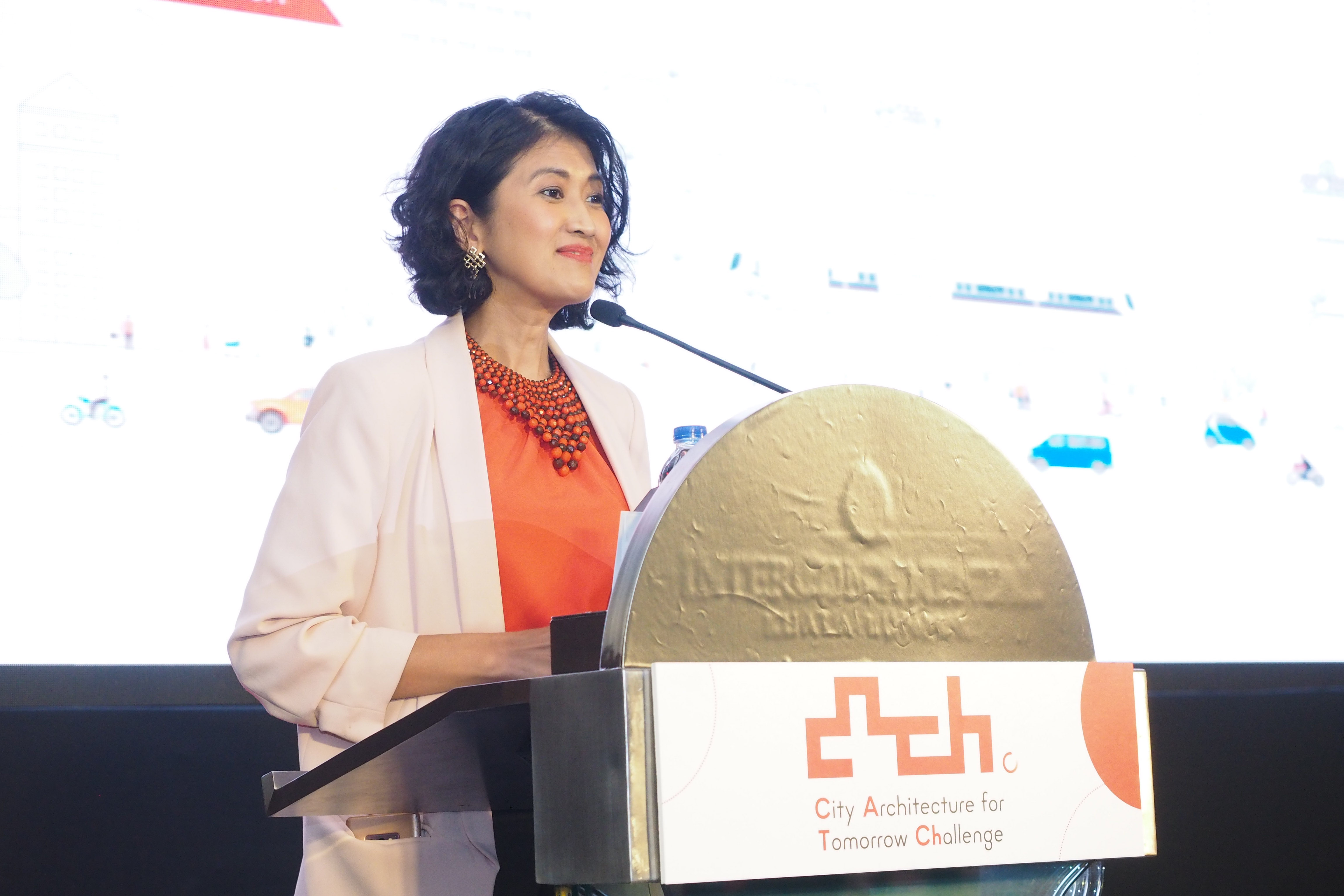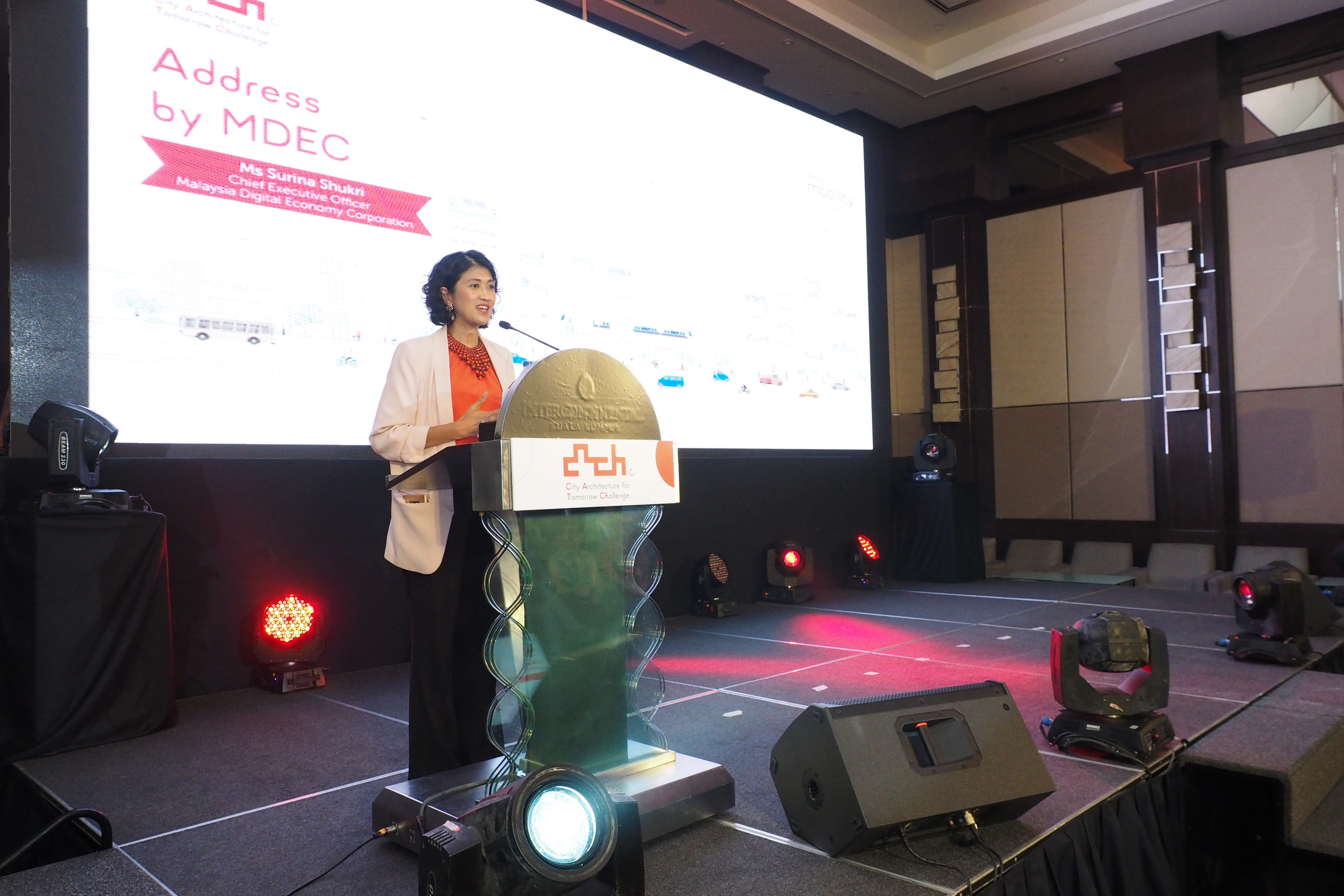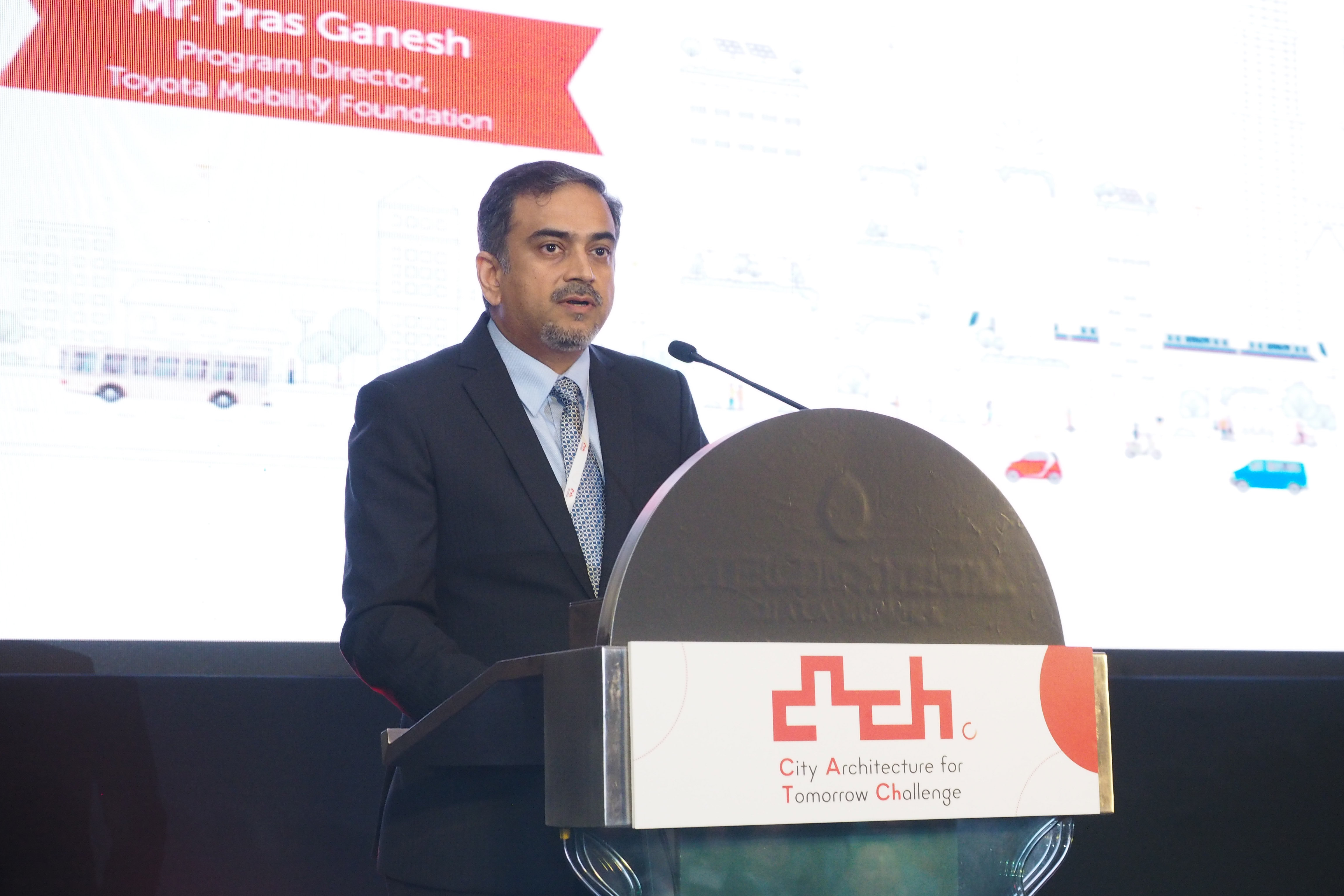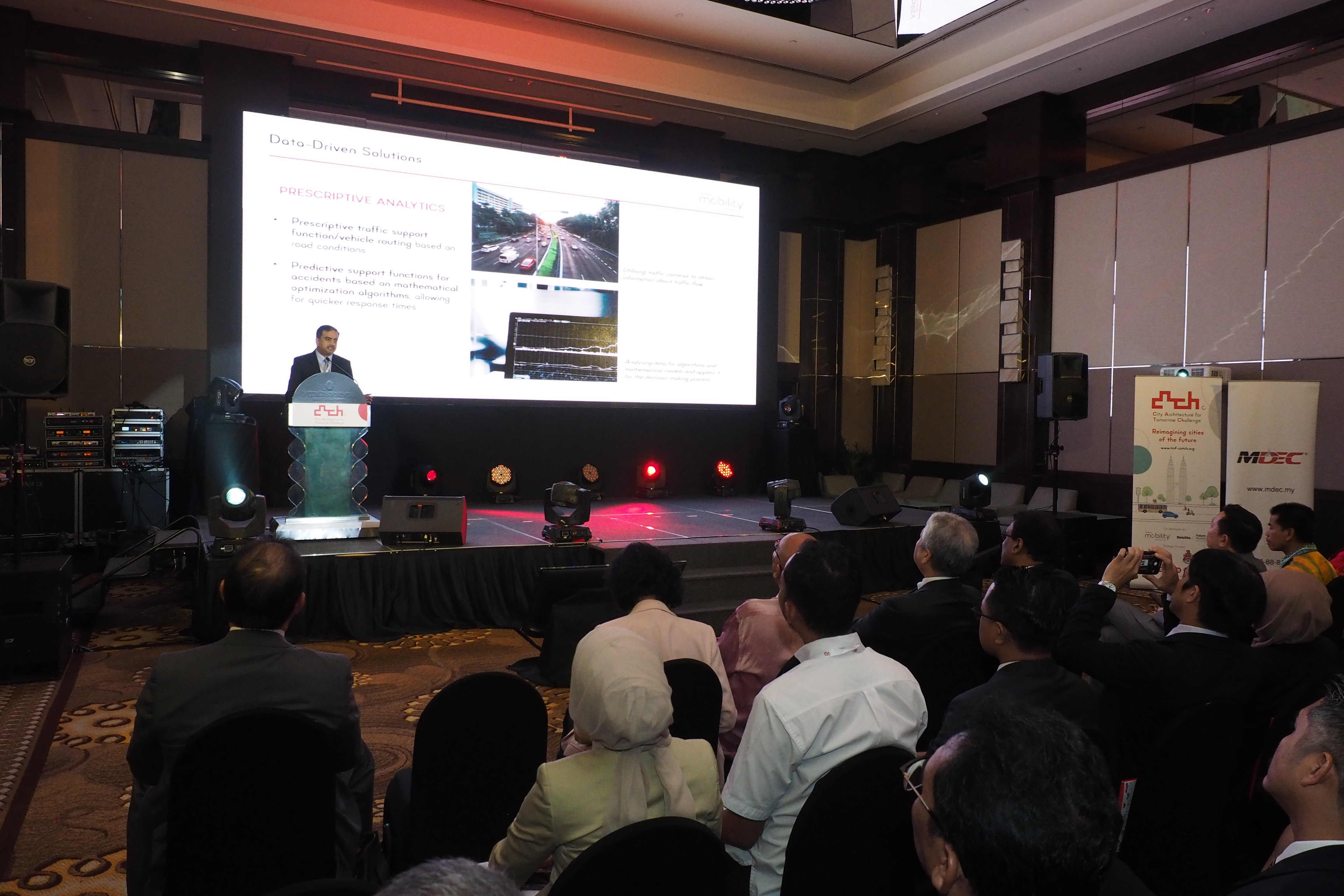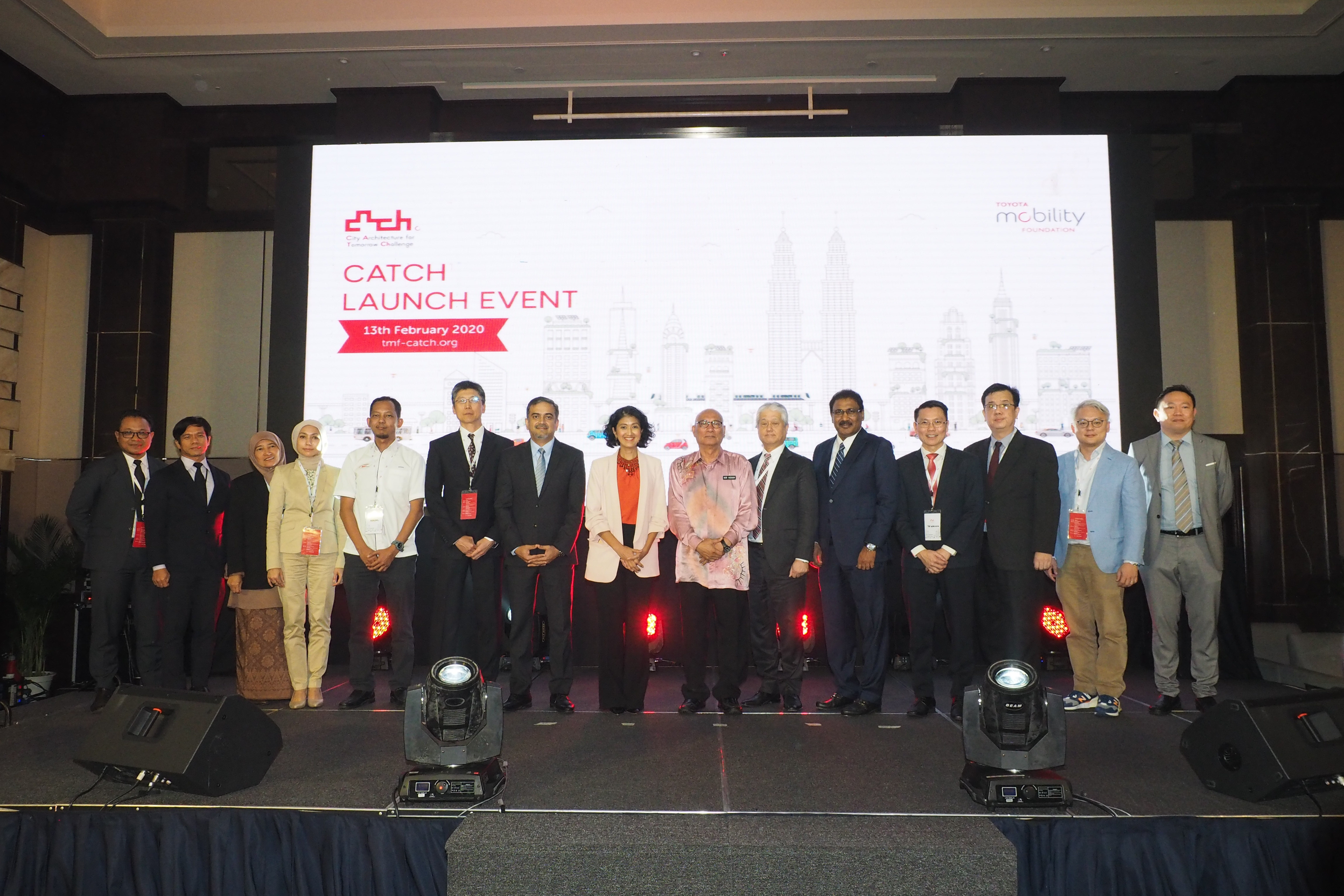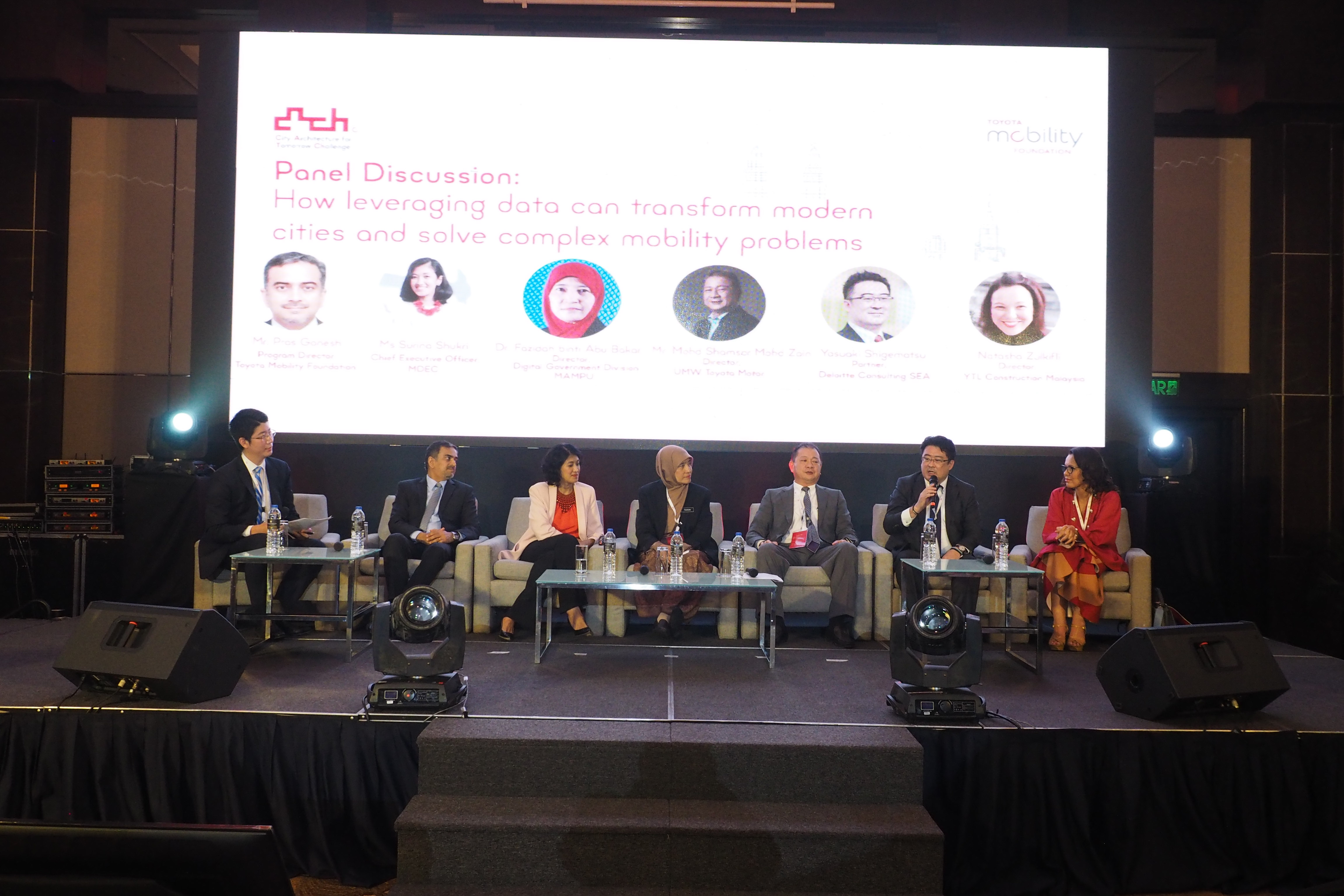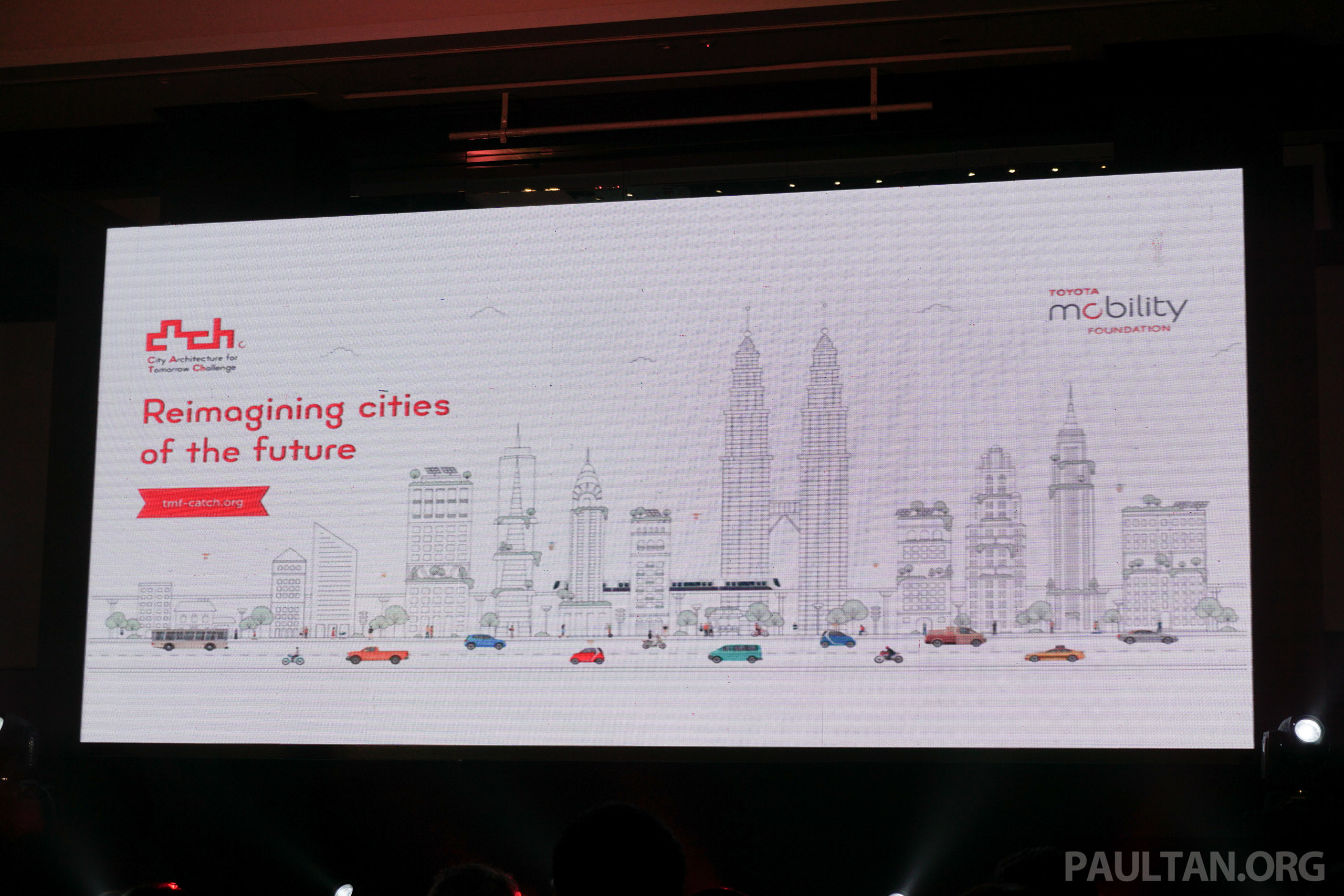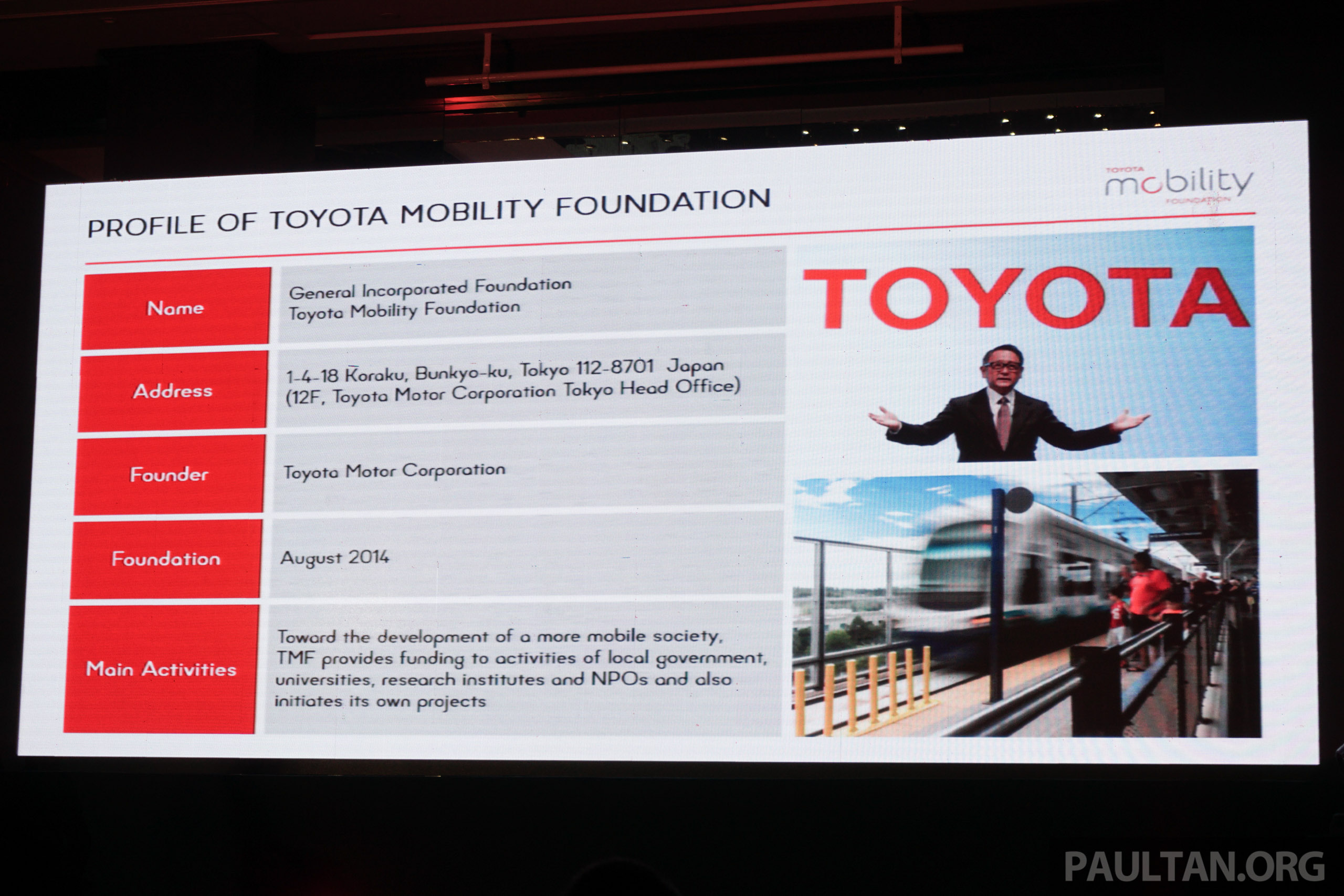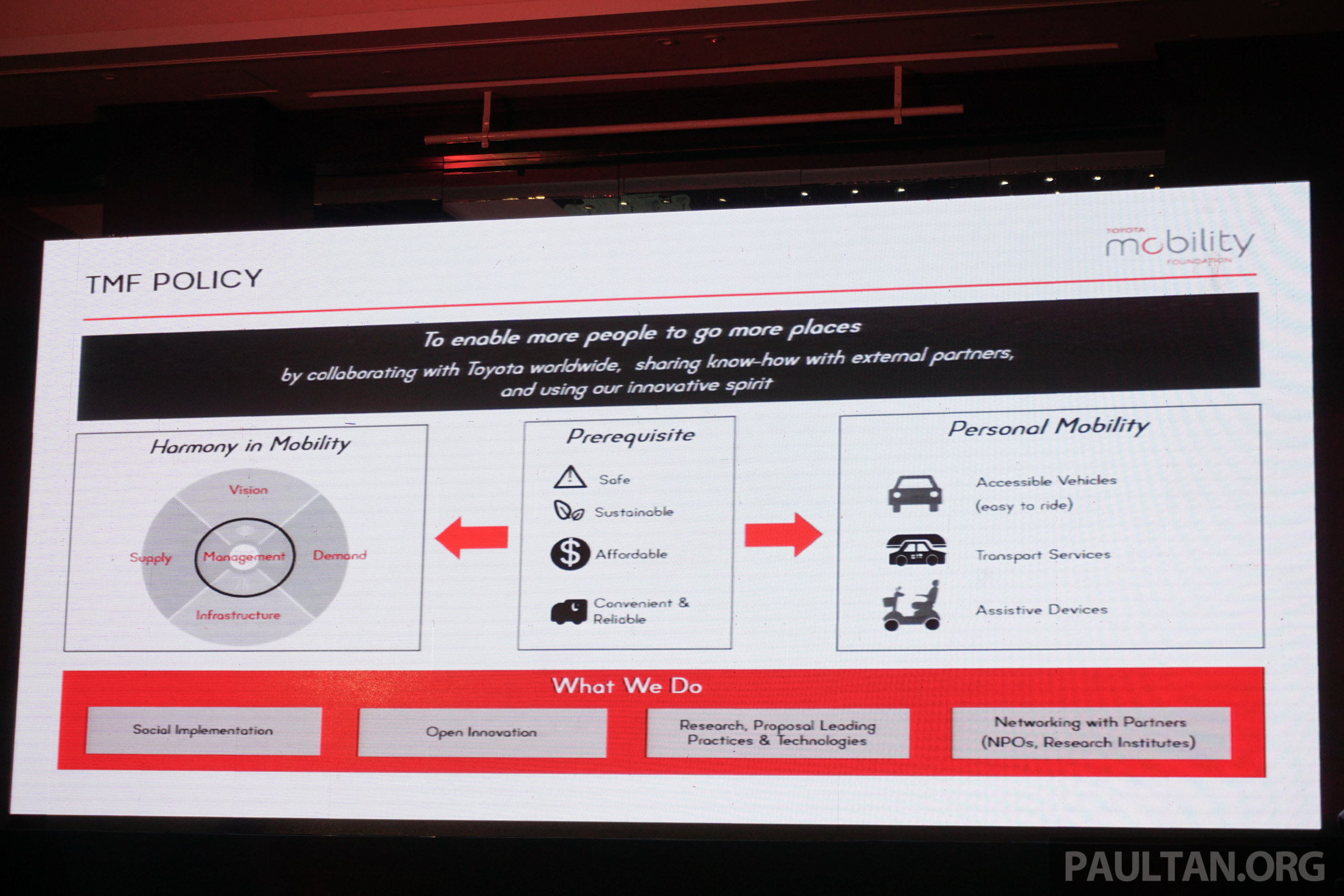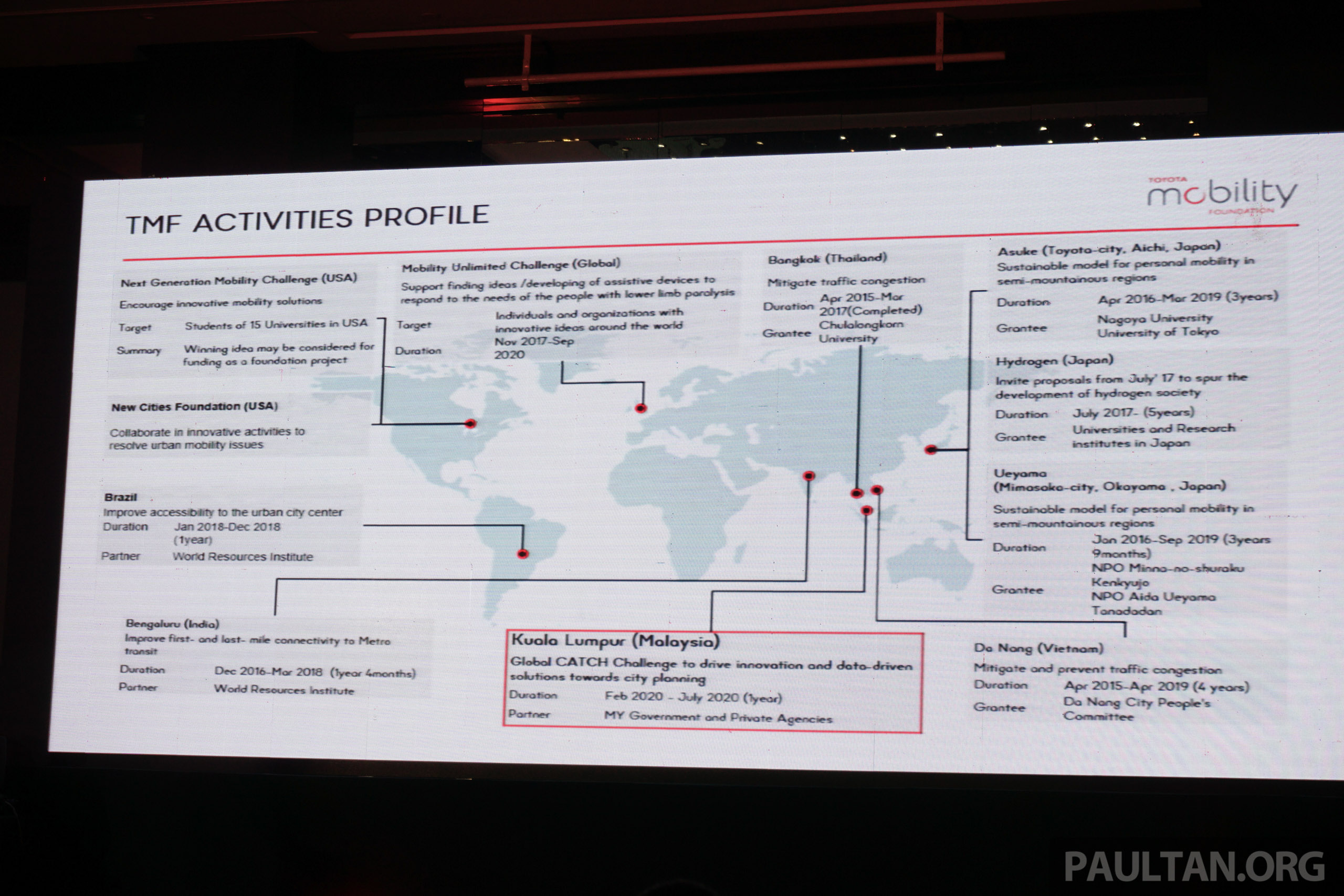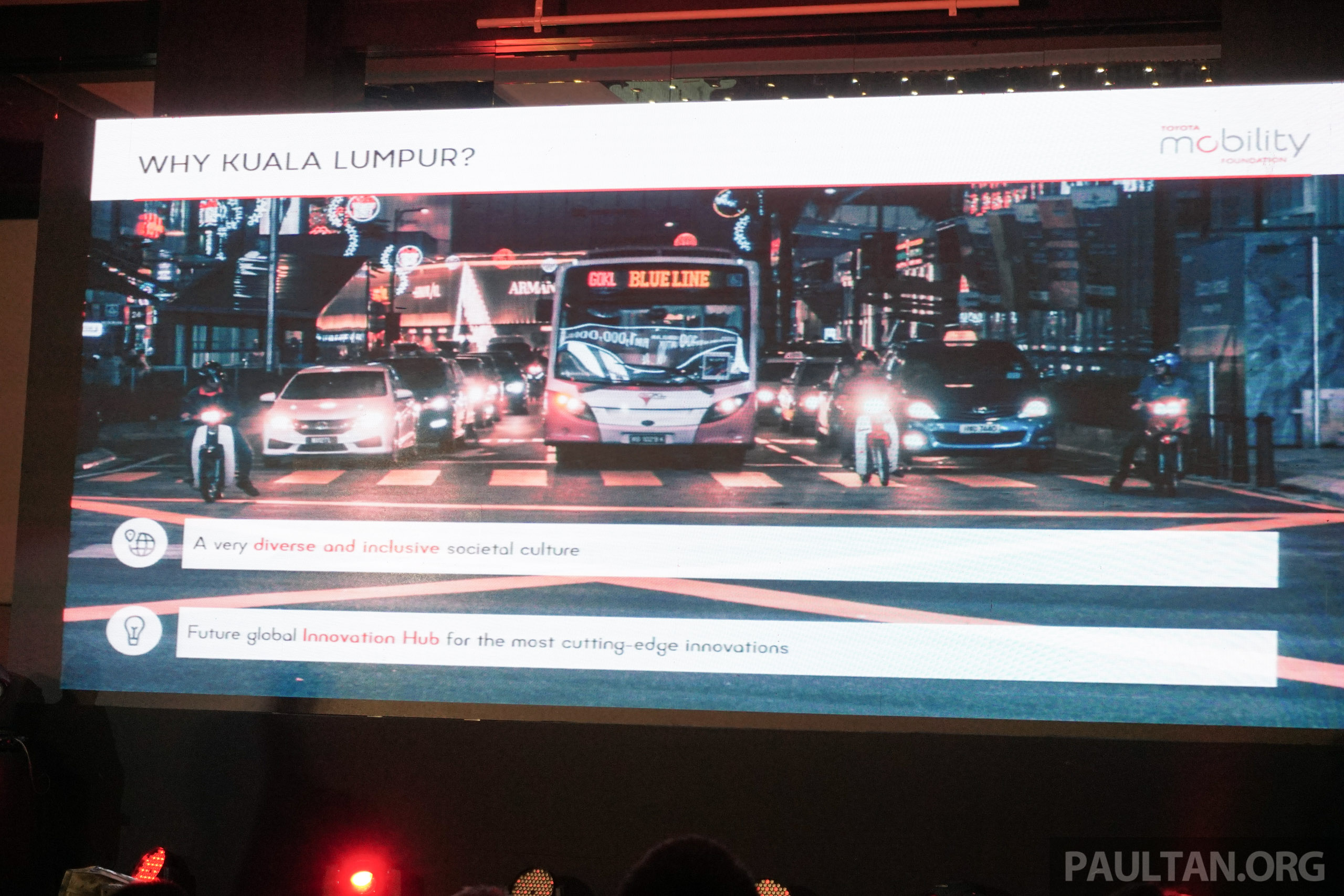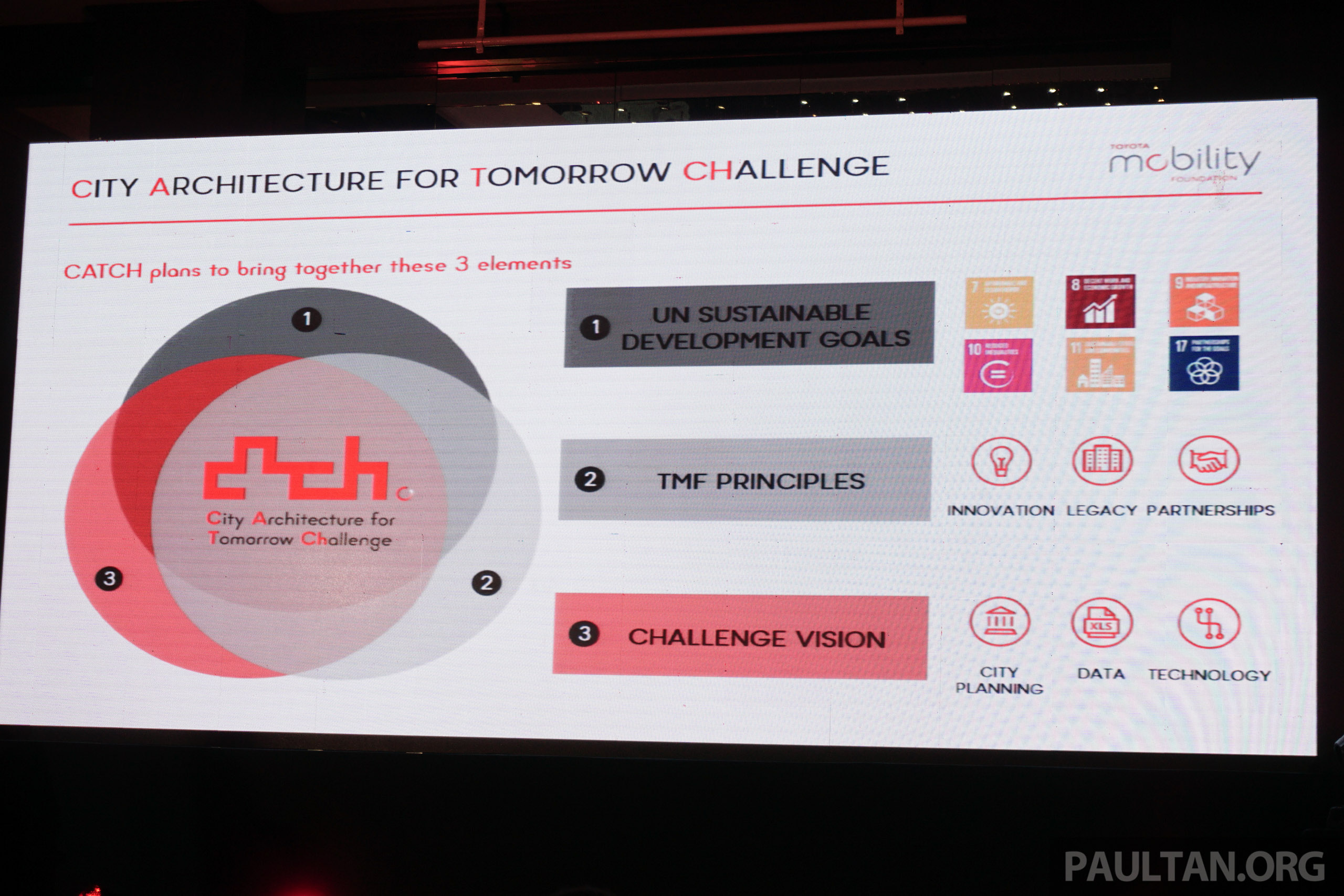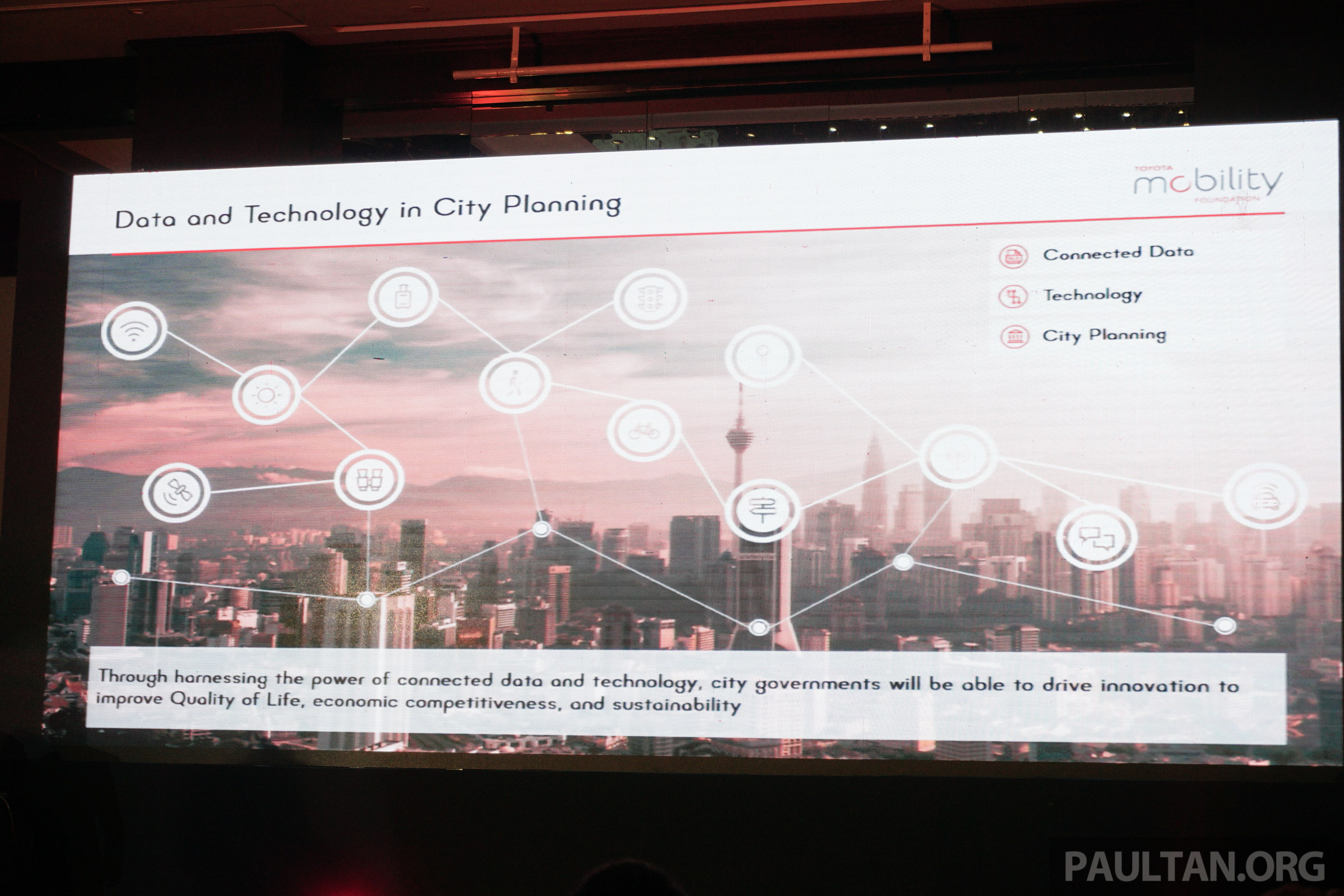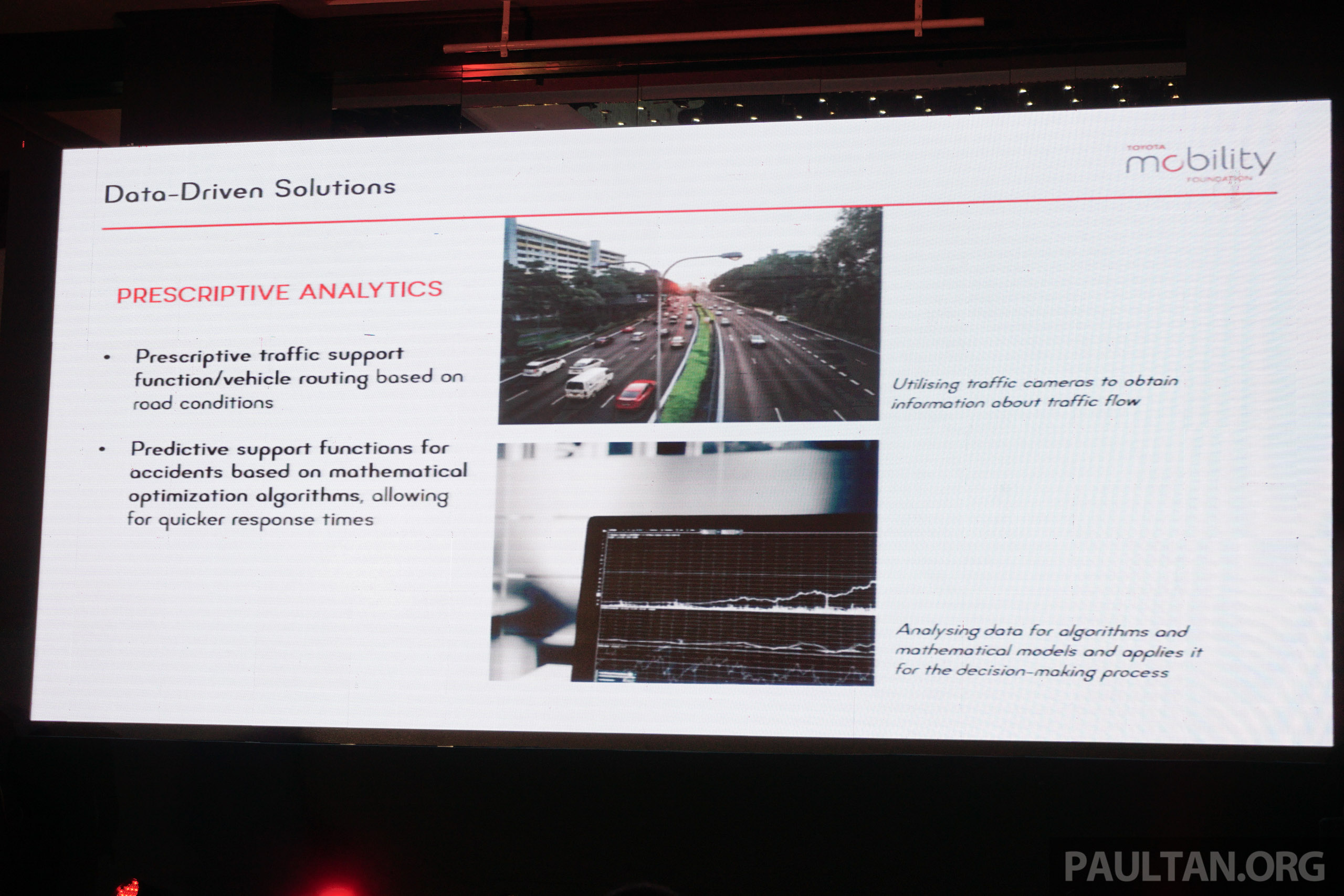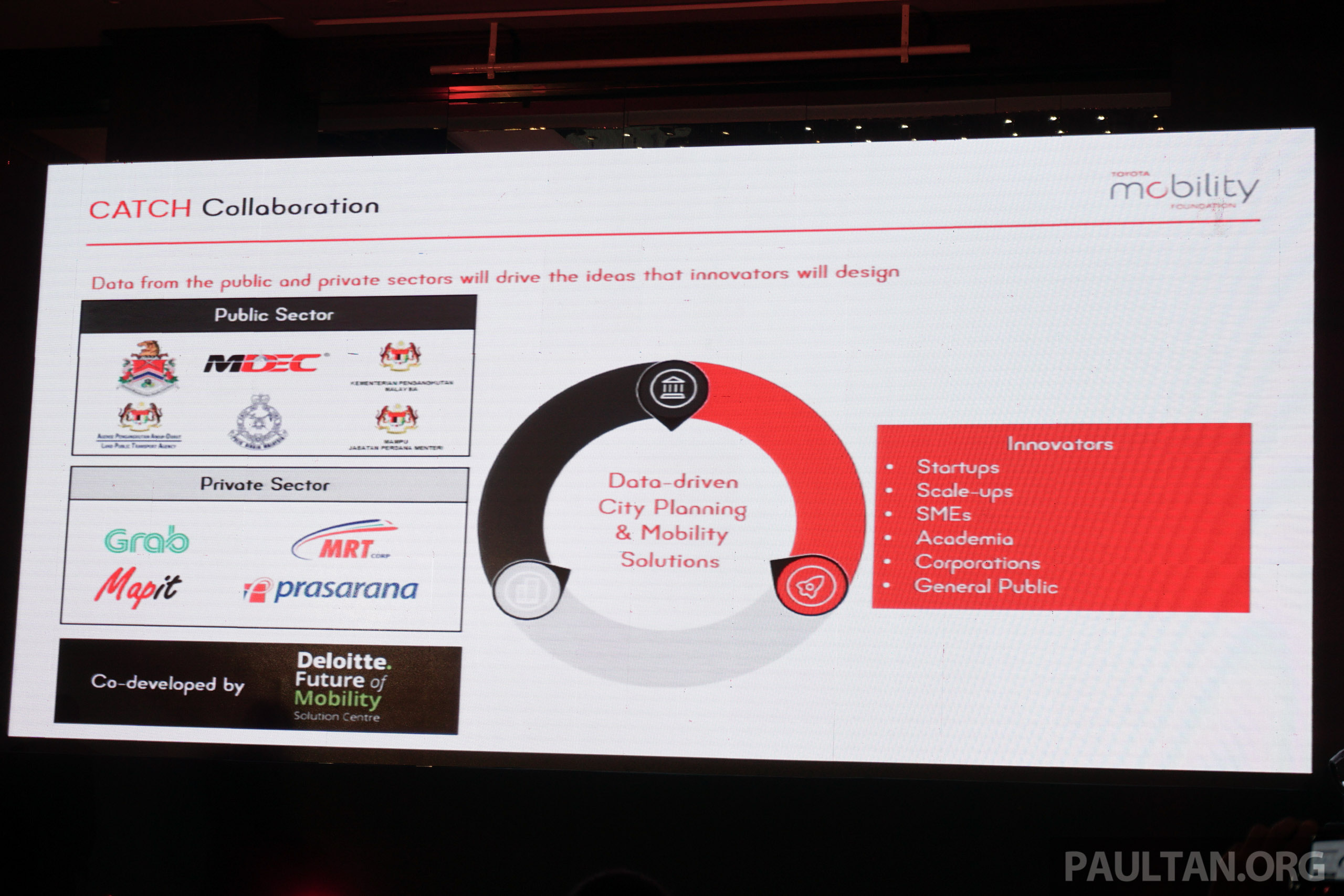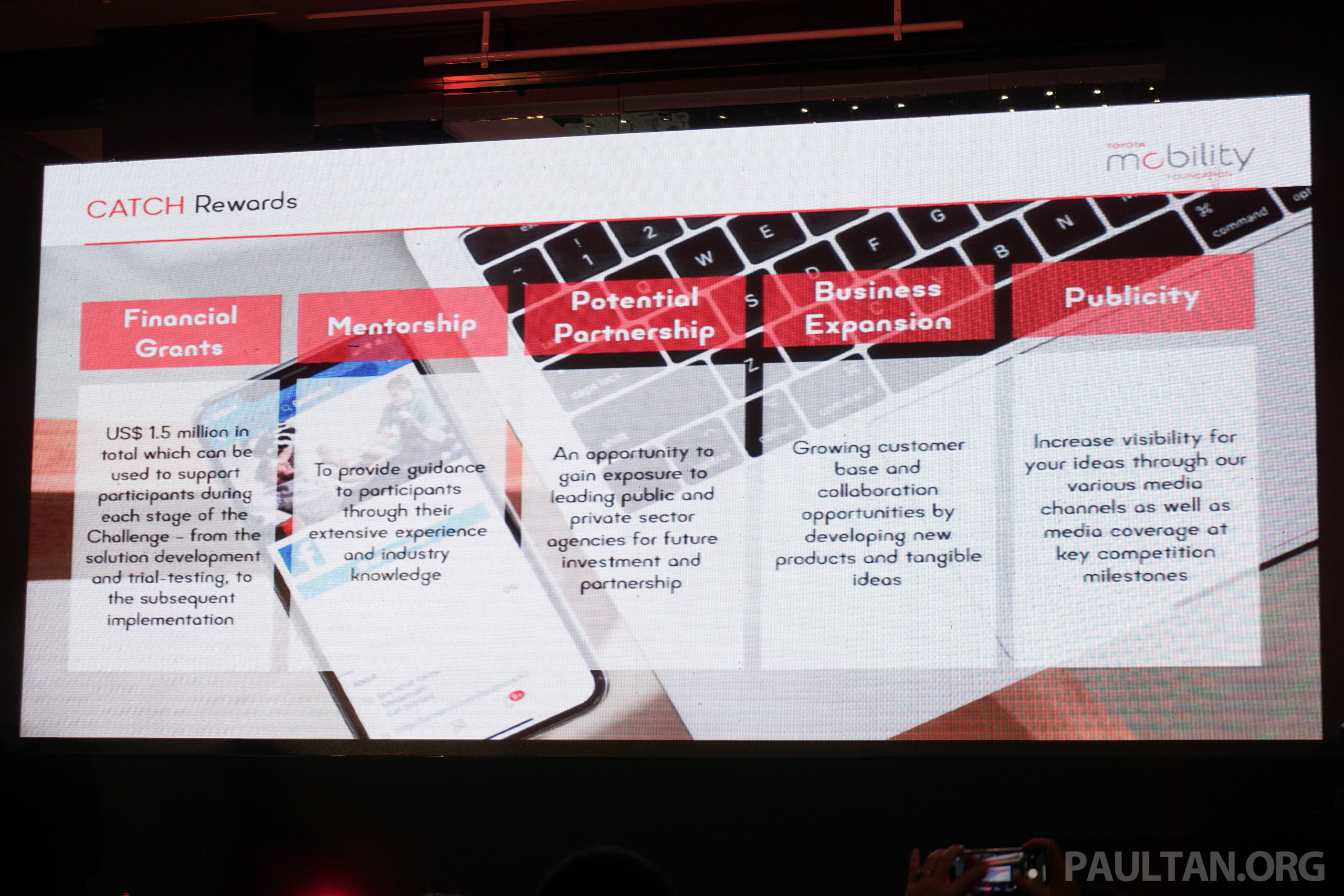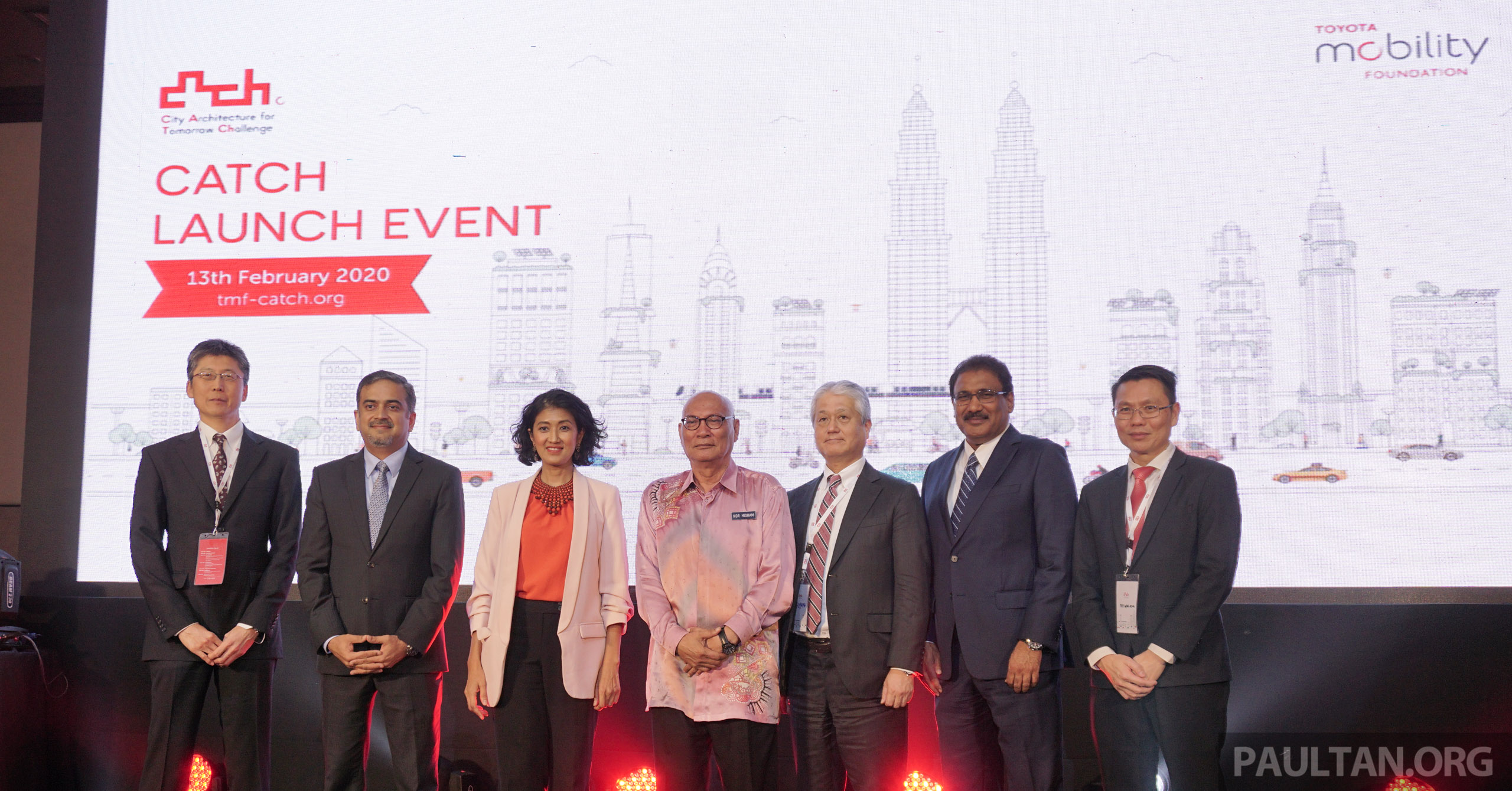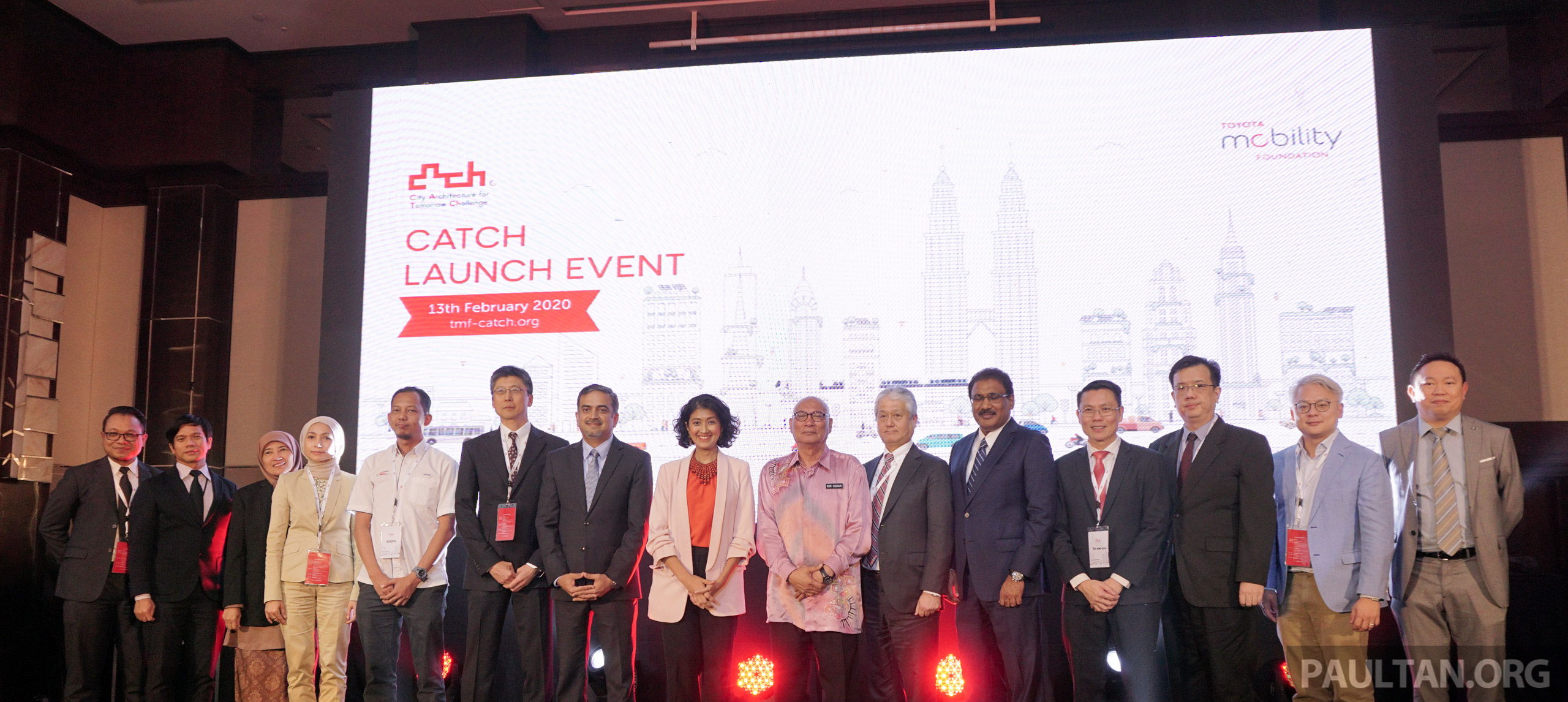
Toyota Mobility Foundation launches City Architecture for Tomorrow Challenge with MDEC in Kuala Lumpur
by Gerard LyeThe cities of today are evolving at a rapid rate, and with increases in population in them, this has placed significant pressure on infrastructure and resources. As a result, many cities globally are utilising or developing innovative methods to solve challenges such as urbanisation and congestion.
In our local context, Kuala Lumpur has the necessary mobile infrastructure in place but it’s clear that there are still more opportunities for innovative solutions to be part of its ecosystem, and this can be accomplished by leveraging data and technology.
It is with this in mind that the Toyota Mobility Foundation (TMF) launched the City Architecture for Tomorrow Challenge (CATCH) in Malaysia’s capital city. Working together with the Malaysia Digital Economy Corporate (MDEC), CATCH is the region’s first global challenge that aims to attract innovators around the world to submit novel and cutting-edge solutions.
These are aimed at raising efficiency in urban planning as well as driving forward the future of mobility, with the hope that Kuala Lumpur will take the lead in developing next-gen urban development and city mobility management initiatives for the region.


The eight-month global call for innovation is open to all participants, including start-ups, academic and research institutions, corporates, or even the general public. The challenge here is to conceptualise and develop solutions that are dynamic, intelligent and data-driven to design future city infrastructures, with Kuala Lumpur being the focal point.
Participants can join the challenge via CATCH’s official site, and ideas that are accepted will get to proceed to the next stage of the challenge, with the semi-finalists set to be announced on April 2020. From there, they will undergo proof-of-concept (POC) development before the finalists are revealed on June.
The finalists will then need to develop their minimum viable product (MVP) concept and incubation programme, which will then be trialled from June to September, with the overall winner being announced at the end.
Along the way at every stage of the challenge, grants totalling US$1.5 million will be provided, with up to US$5,000 being awarded to those who make it to POC development. The grant is largened to US$150,000 during MVP development and testing, while the grand winner is awarded US$500,000 to scale up their implemented solution in Kuala Lumpur.

To help participants develop their solution more effectively, several other partners from the priate and public sectors have agreed to share valuable data points of a commuter’s journey. These include Kuala Lumpur City Hall (DBKL), the Royal Malaysia Police, Land Public Transport Agency (SPAC), Grab, MapIT MSC, MRT Corp and Prasarana Malaysia. They can also expect support from the challenge organisers and relevant partners.
“TMF was set up to address mobility issues around the world using a unique approach driven by sustainability, innovation and partnership. CATCH was designed in partnership with the Malaysian government to encourage data-driven but human-centred interventions to improve city planning and the mobility ecosystem,” said Shin Aoyama, president of secretariat, TMF.
“Through CATCH, the global pool of talented start-ups, academics and the world’s brightest minds can develop their next-gen urban digitisation ideas and accelerate Kuala Lumpur’s evolution into a city of the future. The programme is in line with MDEC’s efforts to drive forward the country’s digital economy, catalyse next-gen innovation through Malaysia’s Global Testbed Initiative and reinforce the country’s position as the Heart of Digital ASEAN,” added Surina Shukri, CEO of MDEC.


